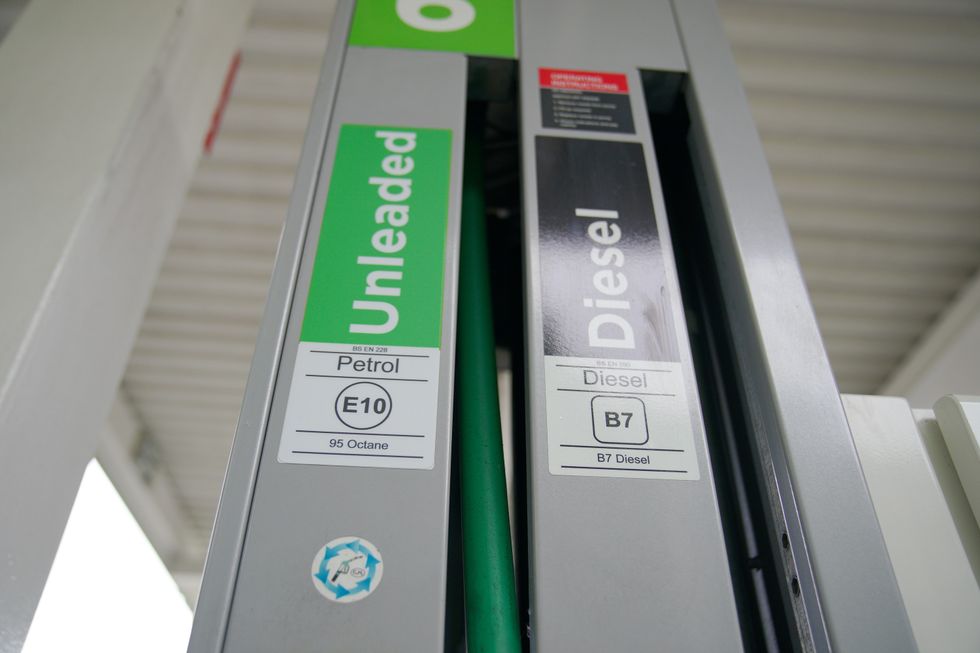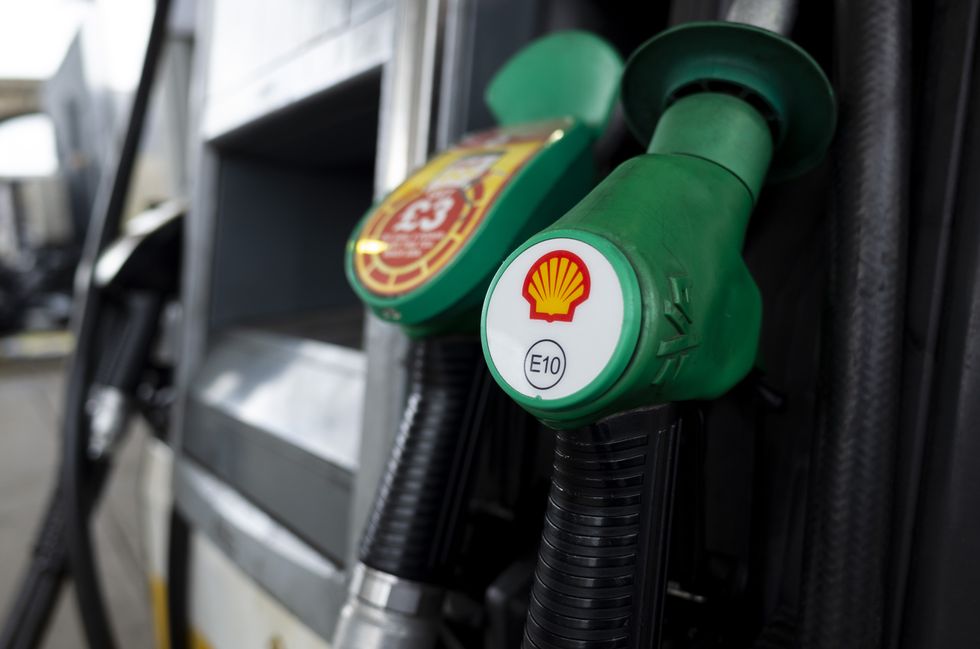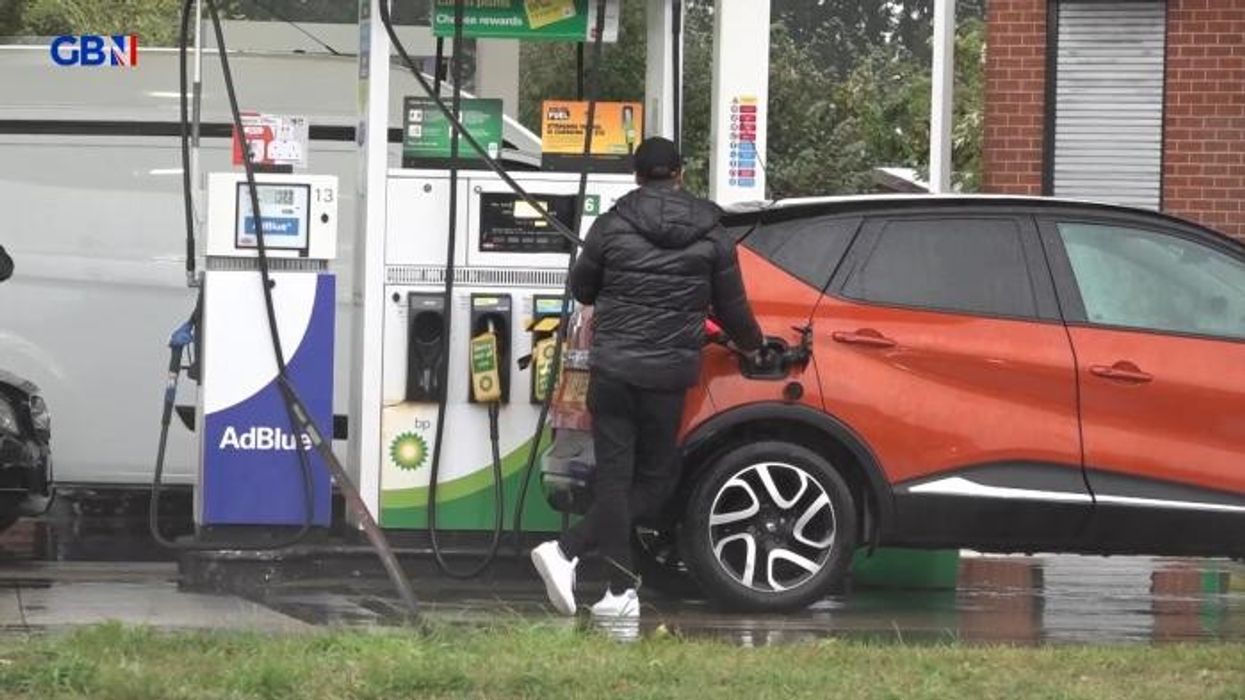E10 petrol changes could 'worsen pre-existing conditions' with drivers warned of 'less efficient' cars
Drivers should check they can use the petrol before filling up at forecourts
Don't Miss
Most Read
Trending on GB News
Drivers are being warned of a common fuel found at all forecourts which could have a huge impact on the health of their vehicles.
E10 petrol was first introduced to forecourts around the England, Scotland and Wales in September 2021 as the Government aimed to slash emissions from the transport sector.
The greener fuel became the new standard of unleaded and is comprised of petrol mixed with up to 10 per cent sustainable ethanol, with Northern Ireland adopting the fuel in 2022.
It is seen as a more environmentally friendly option than other fuels given its higher renewable energy content. The Government estimated that it could cut transport CO2 emissions by 750,000 tonnes a year.
Do you have a story you'd like to share? Get in touch by emailingmotoring@gbnews.uk

Drivers have been warned to remain cautious when using E10 fuel
PAThe majority of petrol-powered vehicles are able to use the new standard grade of unleaded petrol if they were made after 2011.
However, experts are now warning that the fuel could damage the internal workings of vehicles, particularly if they are older.
Darren Miller, from BigWantsYourCar.com, said although the fuel may be cheaper, it could lead to a build-up of carbon, potentially leading to expensive engine repairs.
He added: “It’s performance in cars with smaller engines could also be less efficient, as some reports suggest it falls short of E5's efficiency.
"For those with vintage vehicles, caution is advised when considering E10 fuel due to its increased ethanol content, which could worsen pre-existing conditions in older engines.
"Over time, engines can accumulate carbon, which might increase compression pressures and cause knocking or pinging."
For older vehicles which are no longer compatible with E10 petrol, they can continue using E5 petrol, which has been reclassified as super unleaded.
This can still be purchased from most major forecourts around the UK although it will likely be between five and 10 pence more expensive per litre.
When it was being rolled out, the Government urged drivers to use its E10 petrol checker to ensure their vehicles were compatible with the new fuel.
If it did not have the relevant information about any particular cars or motorcycles, owners were urged to contact their manufacturer or specialist garage for advice.
Recent data from the Renewable Transport Fuel Obligation (RTFO) Annual Report found that E10 petrol has led to emissions being cut across the UK.
It found that the switch from E5 to E10 enables "greater quantities of bioethanol to be used in transport".
LATEST DEVELOPMENTS:
 E10 petrol has been on forecourts since September 2021 GETTY
E10 petrol has been on forecourts since September 2021 GETTYIt also led to a "more pronounced growth in bioethanol use, resulting in a proportional decrease in biodiesel".









